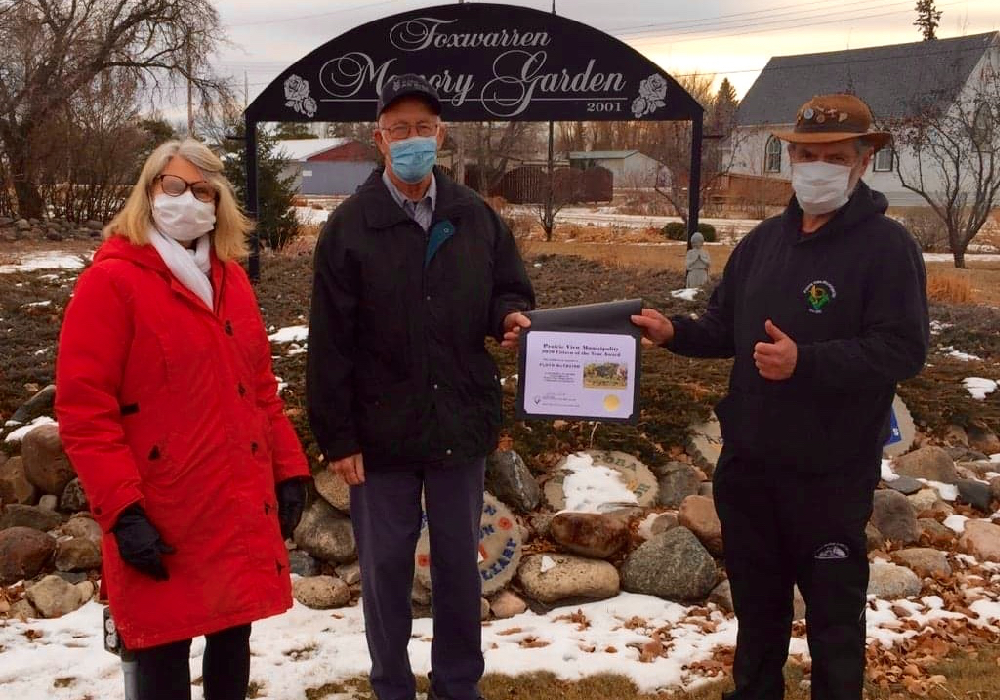Hey, a shiny modern tractor to drive. A new voice to give me orders, instead of Dad’s. A different lunch table come noontime. And ready cash at the end of the workday. Why wouldn’t I go and help the neighbours?
Life’s lessons are often learned slowly, and occasionally they have to be learned over and over again. So was it with me in my teenage years when it came to “hire out” to help area farmers.
I was one of four sons at our parents’ Basswood, Manitoba, farm in the mid-’70s. While my dad was fair, he knew he had to “crack the whip” to keep his sons “in the harness” to get the farm work done. No horsing around.
Read Also

Spoken questions are what make it an interview
Recently, I was exchanging emails with the media email account at a government agency, hoping to reach a source for…
And when his sons were in sync and on side with Dad, things happened. I recall an October weekend of baling barley straw (what are Thanksgivings for anyway?). Dad had a crew baling the straw, another crew hauling and stacking it, and still one son left over to haul manure and spread it on the cleared-off part of the field. A barn-raising bee would have hardly matched this operation.
Dad’s choice of fields happened to be along a municipal road where the neighbours regularly drove into Basswood to grab their mail or drink coffee at the Basswood Lunch Bar. So inadvertently, Dad was either touting his crew, or rubbing his labour situation in their faces. Who knows? And Dad’s labour was free, except for food costs.
The home phone would ring infrequently with a neighbour wanting help from those Kihn boys. Mom kept a tight rein though, rarely agreeing to hire us out. She understood that we were tired from our own farm work, plus we needed time for school studies, and we needed energy and rest to grow. Mom sure shovelled the food our way. And honestly, four brothers used up extra energy scrapping and arguing.
Agree on the pay
I do recall that as preteens, my older brother David and I helped a neighbour pick roots on a spring Saturday afternoon in about 1971. It was close by and we walked ever-tighter circles around a slough he had cleared of trees. We piled up roots all afternoon.
At about five that afternoon, the neighbour announced it was quitting time and we could go home, “but don’t forget that last big root,” he said. We walked to it, and there were coins scattered all over – our silvery pay. Once home, and after our own chores, the count came to $2.50. So for six hours of work, we earned $.40/hr. Not enough.
Mom crossed that neighbour off the Employer List.

Ignore the distractions
Another time, Mom drove David and I to a neighbour’s farm to pick stones. We worked for a while, and then he announced a break. We headed into the farmhouse. His two sons were there. What? One was slightly older than us and one was slightly younger – both able bodied. However, they had an appointment with the TV to watch Saturday afternoon baseball.
Something was amiss. We guessed an argument had ensued and their pa had lost – but he still wanted to get those stones removed. We didn’t know if we helped the situation with those two sons, who were loafing and quarrelling. We did help their dad.
After another two hours, we gathered in modest cash. Mom picked us up. We guessed it likely was a tense supper table conversation later.
Work is easier with good people
Farmers everywhere made the small square bales in those days – handy to feed, but labour-intensive to handle. In late October 1976, Mom sent us about six miles away to help Jim Templeton. Our dad would haul the last of our straw bales with our two younger brothers. We took the family car and headed out.
There were three Templeton brothers in the Basswood area. It was only after Jim’s wife greeted us that we realized she was our retired Grade 3 and 4 teacher from the defunct Basswood Consolidated School, closed in June 1969. Now we’d have to work hard – and behave.
However, Jim was an easygoing fella and we used his pickup truck to haul modest loads of about 50 bales. He had done extra haying around sloughs, but the grain harvest got in the way and so he was finishing late. No worries, he had two big strong Kihn brothers to help.
We roared in and out of his yard like the back end of the half-ton was on fire. At lunchtime we ate our former teacher’s meal like hunger-crazed teenagers that we were. We didn’t manage great conversation. But who wanted to anyway? Did we want to review the tough questions of her Language Arts test of seven years back? I didn’t understand a split infinitive from a split log of stove firewood. What farm boy needs to know that anyway?
However, as tough as Mrs. Templeton could be as a schoolteacher, she was doubly kind as a farmer’s wife. Plus, she tracked our time and paid us the minimum wage – about $2.70 an hour. It had been a pleasant and profitable Saturday as we headed home. We trucked the last few loads after school the next week.
Adjust along the way
In the spring of 1978, David had already left home, and Mom and Dad had sold the farm. We lived on the farmyard for a few months until I finished Grade 12. I did spring work for the neighbour, helping him get the crop in. I became a pro stone picker and harrower with his 930 Case. (Yes, a ‘harrowing experience’ with the fence posts closely along the field edge!)
However, that wasn’t the shiny new tractor I had hoped to drive. Another neighbour had a brand new Case 1070 – bigger, newer, with more gadgets like an air-conditioned cab. He never called. I was left behind.
And then the first neighbour fell behind. So he hired more available labour, who had no high school interruptions. Dad. Alfred Kihn got him caught up. I helped in evenings, but my enthusiasm was minimal.
It was strange to see Dad as a hired man. He didn’t have his own farm anymore, which struck me as sad. Yet he worked regular hours, and he had a steady paycheque for a few months. That could not be discounted among his exhausting farmer days of the 1970s.
As for me, I worked weekends and a few evenings at my summer job from the year previous – pumping gas in Minnedosa at the 4 & 10 Esso. We moved off the farm after my graduation. Life’s changes had arrived.















